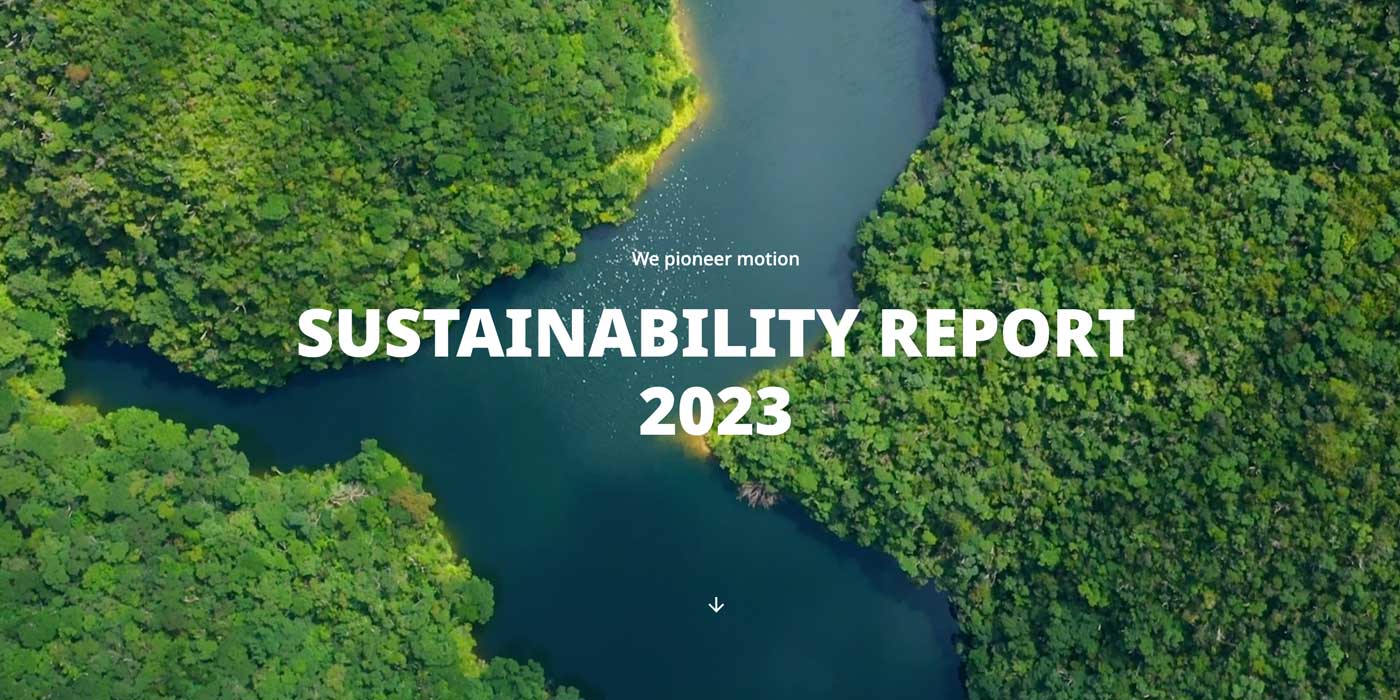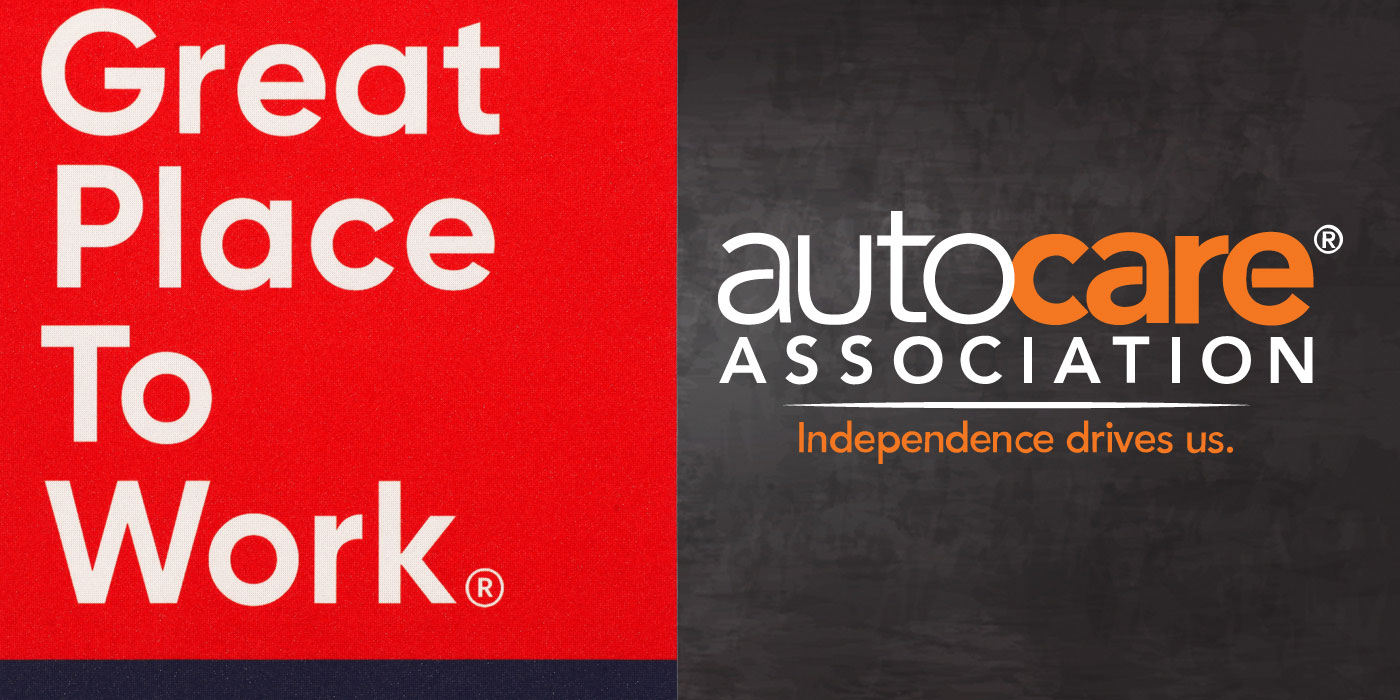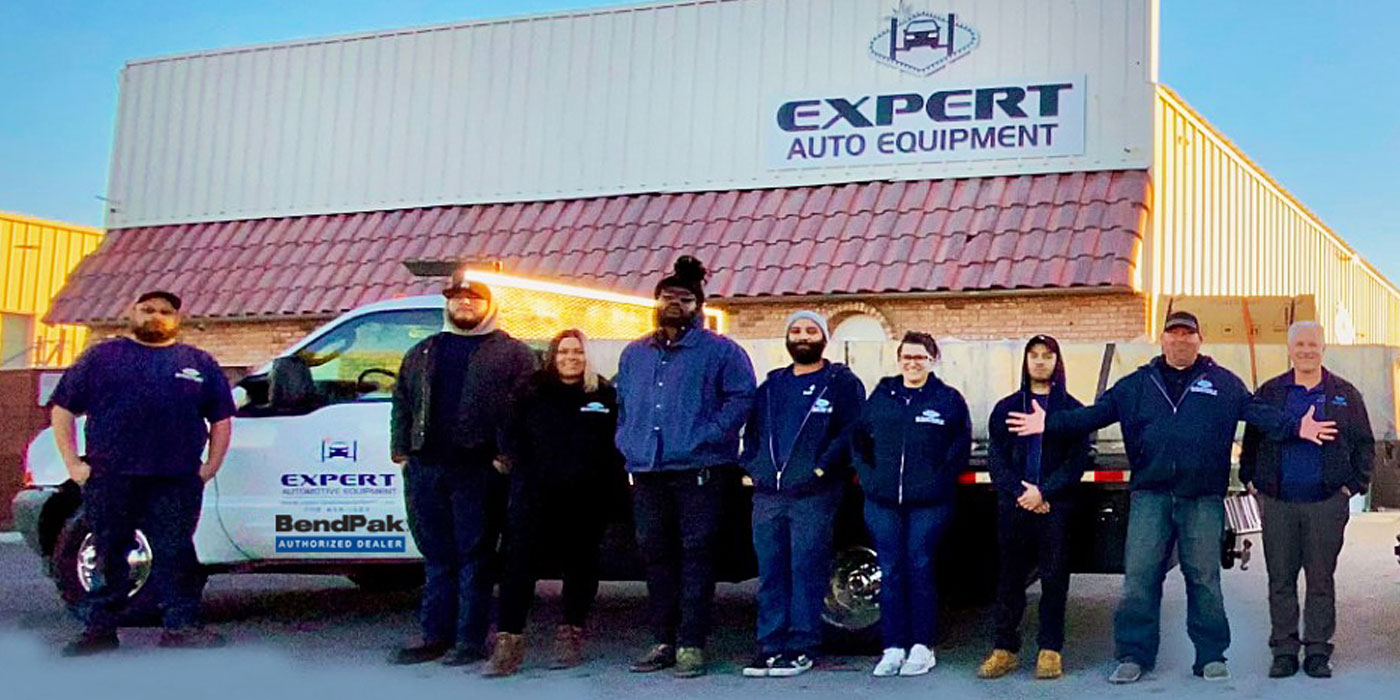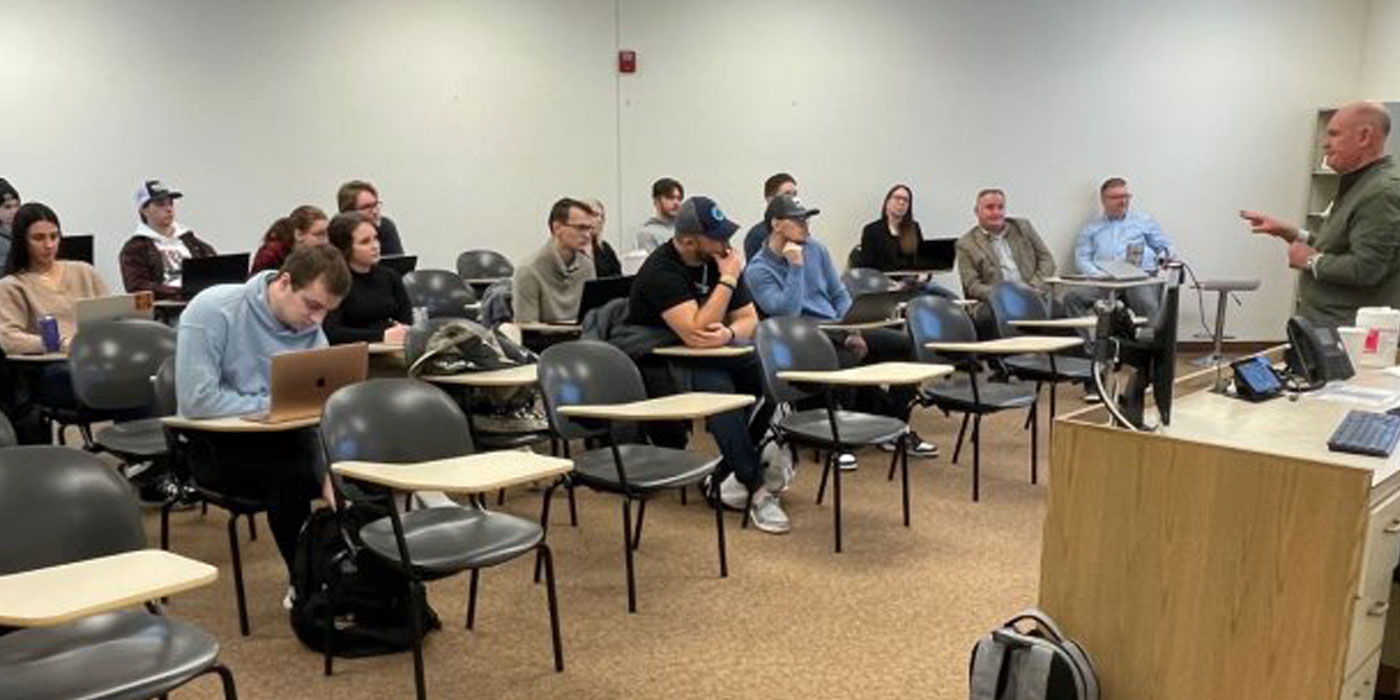The Internet has changed many traditional businesses, and several Internet startups are now taking aim at disrupting one of the oldest models in our business establishments: higher education (and their timing could not be better)!
Twenty-eight years after my final college class in Boston, I went back to school for 12 weeks this spring; but this time, many things were different. The class was free (that is, free to all — not one student had to pay tuition). It was by far the largest class I have ever participated in, with more than 60,000 enrolled students from all over the globe. I attended class on my own time, usually from my own bedroom, using my iPad and often sporting nothing but my boxers. I just successfully completed a writing composition class from famed Duke University without stepping foot in a classroom; heck; I have never even been to Durham!
The Internet has changed many traditional businesses, and several Internet startups are now taking aim at disrupting one of the oldest models in our business establishments: higher education (and their timing could not be better)! College costs have spiked out of control and for many, the job opportunities young graduates have after getting their degrees are not commensurate with the expense. Student loan debt has swelled to more than $1 trillion in this country. This debt is an anchor that cannot be discharged under bankruptcy protection laws or even death, as parents inherit this responsibility in the hellish possibility of their sons or daughters passing before them.
Even graduates who do get a great-paying job after finishing school, find themselves postponing their lives until they pay their loans, as they cannot possibly start families or take on a mortgage while carrying student debt ranging in the hundreds of thousands of dollars. Many financial analysts feel this will be the next bubble to burst in our slowly recovering economy, perhaps even forcing Washington’s next bailout. Clearly, staying the course is not an option for the students, schools, our businesses or the country. As such, new business opportunities are rising, and changes in the way we learn and pay for college education are on the tech horizon.
Many Internet entrepreneurs have wisely capitalized on this crisis by partnering with universities and colleges, and are looking for ways to incubate a new educational model leveraged by the power of the Internet and its affordable global reach. Enter the world of MOOC’s (not a typo for one of the most recognized chassis parts brands in our industry), an acronym for Massive Online Open Courses. A new format for higher education that many prestigious universities are now experimenting with MOOCs, acting as a preemptive strike to avoid getting left behind when the higher education model flips.
The MOOC acronym is self-descriptive. These are “Massive” classes with thousands of students, accessing free “Open” license course materials, “Online” via the web. The more common MOOC course framework is based on video lectures that are accessed online on the student’s own time, along with traditional course materials like readings, problems sets and testing. The one new aspect this format brings to the students is online interaction. The opportunity to interact with fellow students, teacher’s assistants, researchers and professors are indeed massive, especially in a class with more than 60,000 students. MOOC’s leverage new teaching opportunities by crowdsourcing course work to all participants.
For the class I took at Duke University, all of my homework and presentations were critiqued, corrected and graded by my fellow students. We participated in online video “hangouts” to discuss projects. To earn my certificate of completion, I worked on four major writing assignments and no less than 46 different people interacted with me on drafting, revising, editing and grading them. I also graded 12 final projects for other students. Interactivity was at the center of the MOOC experience for me; this was where most of the learning took place — not during the video lectures. Granted, while online you forego the allure of campus life and real-world, face-to-face interactions; however, where else could I have gotten 46 different fellow students to work in tandem on my projects without leaving my house?
The system is not perfect and the early adopters know this; however, their endeavors do show a lot of promise as an alternative way education will take place in the near future. Plenty of work still needs to be done to get this model up to a level where actual college credit will be given for completing these online classes. Initiatives to augment completion rates, diminish any chance of cheating and monetization issues still remain, but the commitment by all players seems to be in place.
I’ve always felt that we do a lot of “training” in the auto parts industry, but not as much “learning.” Some of this is just semantics, but continual education and higher learning by all members of our industry can only help our business grow. Today, MOOC’s can provide real opportunities for our members to further their education, on their own time, often for free. Get involved and search for a topic that interest you and enroll in a free college course today; a simple Google search on MOOC’s will open the door to this adventure.










